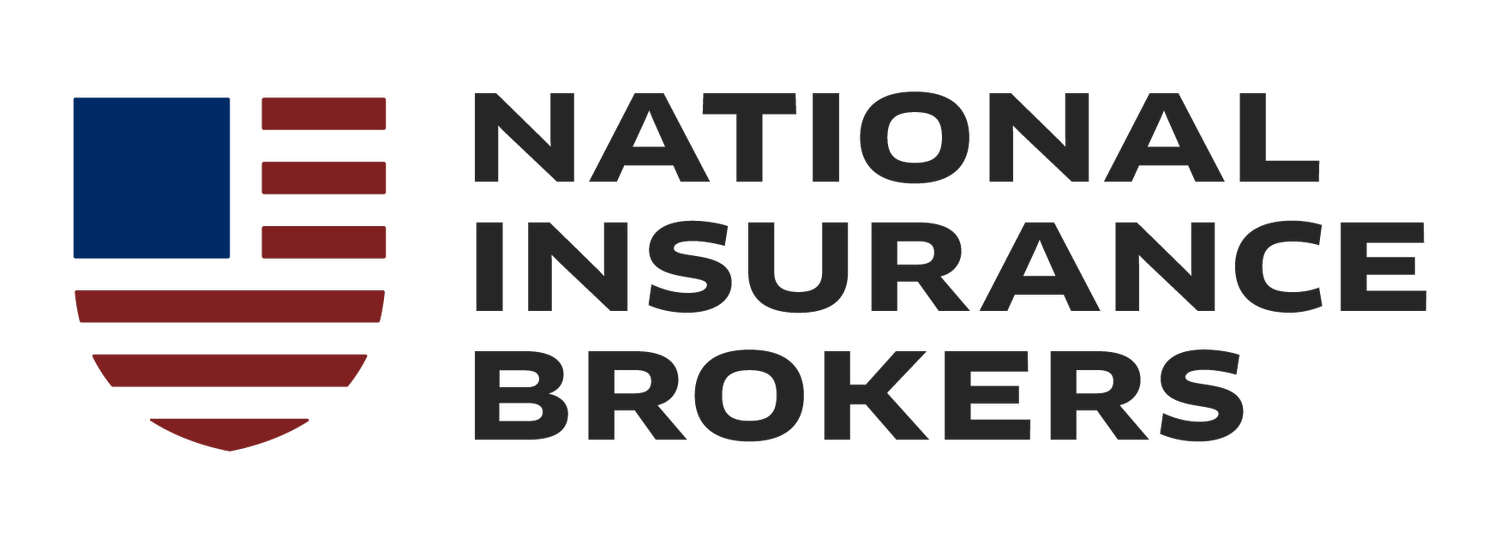10 Tips for Saving on Homeowners Insurance
Protecting your home investment is crucial, and homeowners insurance plays a vital role. However, ensuring you have the right coverage doesn't mean overpaying. This blog will guide you through practical tips to save on your homeowner's insurance premiums, combining adequate protection with cost-effectiveness.
Shop Around for the Best Rates
Comparing home insurance quotes from multiple companies is essential in finding the best rates.
Different insurance companies often have varying insurance rates. Utilizing online comparison tools can simplify this process, allowing you to accurately assess different policies. Remember, the cheapest option isn't always the best; look for a balance between cost and coverage.
Additionally, consulting with insurance agents can provide insights into the nuances of each policy, ensuring you choose the best option for your unique needs.
Bundle Your Policies
One effective way to reduce your homeowner's insurance premium is by bundling it with other insurance policies, such as auto insurance.
Most insurance companies offer discounts for customers who purchase more than one policy from them. This strategy leads to cost savings and simplifies your insurance management.
It's important to ensure that each bundled policy offers the coverage you need; sometimes, separate policies may provide more comprehensive protection for your situation.
Increase Your Deductible
A higher deductible generally results in lower insurance premiums. The deductible is the amount you pay out-of-pocket in the event of a claim before your insurance coverage kicks in.
Increasing your deductible means you’re assuming more financial responsibility in the event of damage or liability, but it can significantly lower your ongoing insurance costs. Choosing a deductible amount that you can comfortably afford in case of an emergency is crucial to ensure this strategy is financially feasible.
Home Security Measures
Implementing home security measures can lead to discounts on your homeowner's insurance. Installing security systems, smoke detectors, and other safety features can lower the risk of property damage and fire damage, making your home a lower risk for the insurance company.
These measures not only enhance the safety of your home and family but can also reduce your insurance rates. Check with your insurance agent to understand what specific measures qualify for discounts and how much you could save.
Maintain a Good Credit Score
Your credit score is a significant factor that insurance companies consider when determining your insurance rates. A higher credit score can result in lower homeowners insurance premiums. Improving and maintaining a good credit score involves paying your bills on time, reducing debt, and managing your credit wisely.
Regularly monitoring your credit report for errors and addressing them promptly can also help maintain a healthy credit score, ultimately positively impacting your insurance costs.
Review and Update Your Coverage Regularly
Regularly reviewing and updating your homeowner's insurance policy is crucial. Your insurance coverage needs may change as your home and its contents evolve.
Conducting an annual review of your policy ensures that you have the right coverage limits for your current situation. This process helps avoid over-insurance, where you might be paying for more coverage than you need.
It's also an excellent opportunity to assess any significant changes in your home, such as renovations or major purchases, and adjust your insurance policy accordingly.
Regular updates can lower your insurance premium while ensuring adequate protection.
Ask About Discounts
Feel free to ask your insurance company about available discounts. Many insurers offer various discounts that can significantly reduce your insurance rates.
Typical discounts include reductions for having a security system, smoke detectors, or for certain professions. Loyalty discounts for long-term customers, early renewal offers, and discounts for bundling multiple insurance policies are also typical.
Inquiring about these options with your insurance agent can reveal opportunities for savings you might have yet to be aware of, contributing to a more cost-effective homeowners policy.
Consider the Age and Condition of Your Home
The age and condition of your house significantly influence your homeowner's insurance rates. Due to increased risks, older homes or those needing repair may carry higher insurance costs. However, upgrading or renovating, such as updating electrical systems or reinforcing the roof, can reduce your insurance premium.
These improvements can enhance your property's safety and structural integrity, thus lowering the risk profile. Discuss with your insurance provider how specific home improvements can positively impact your insurance rates.
Choose a Higher-Rated Insurance Provider
Selecting a reputable and financially stable insurance company is vital for reliable homeowners insurance. A higher-rated insurance provider is typically more capable of handling claims efficiently and offers more dependable coverage.
Checking independent reviews, customer feedback, and industry ratings can help you assess the reliability and stability of an insurer. A well-rated insurance company provides peace of mind and ensures that you receive the service and support you need, especially in times of claims.
Take Advantage of Loyalty Discounts
Many insurance companies offer loyalty discounts to long-term customers. These discounts are a way of rewarding clients for their continued business. Over time, staying with the same insurance provider can make you eligible for such discounts, leading to considerable savings on your insurance premiums.
Inquire about loyalty incentives with your insurance agent and understand how long you need to be a customer to qualify for these discounts. It's also a good opportunity to review your overall experience with the insurer and ensure their services and coverage still meet your needs.
Conclusion
Saving on homeowners insurance involves a combination of strategic decisions and informed choices. From regularly reviewing your insurance coverage to inquiring about discounts, considering the condition of your home, choosing a reputable insurer, and taking advantage of loyalty discounts, there are several ways to ensure you get the best value for your money.
National Insurance Brokers can assist you in navigating these options, providing expert advice to optimize your insurance policy and reduce costs while maintaining essential coverage.
Don’t hesitate to contact them and get a quote with no obligation.

